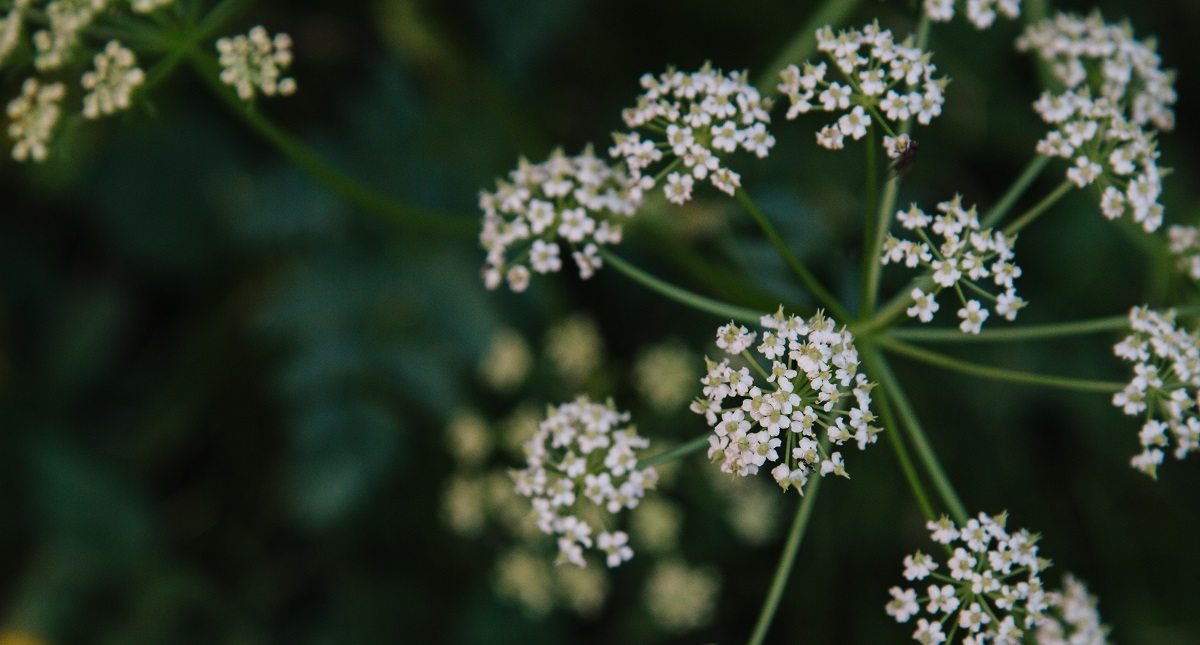Contact Us
My mom always smelled faintly of Rapture perfume and Suave hairspray. When I close my eyes and try to conjure what it felt like for my five-year-old self to hug her, I can feel the soft knit of a worn-in cardigan, pilled from a few too many trips through the washing machine and not enough money to replace it. She bends down to my level, arms enveloping me, drawing me close without crushing me. She’s always said that her greatest fear is smothering me. Quite the opposite, her embrace is oxygen –necessary, life giving.
I don’t remember a specific moment when my mom played dolls with me, but I know she did. I don’t remember the exact content of the conversations we had in my teen years, when I was lonely and depressed and longing for stable friends, but I know they happened; I can still feel the hope she gave me as she told me this phase would pass. I can’t possibly recall each tear I cried during my childhood, but I know how desperately she wanted to wipe away each one, how her heart broke every time mine did.
My mother is not the star of my childhood memories, but the setting: her presence was the solid ground I stood on, her love was the sun that warmed my skin, her words were the momentum that moved my feet and gave me the confidence to run hard after my dreams.
This woman I came from is the mom I’ve always wanted to be, and she is still the standard by which I measure my own motherhood. The closer I get to who she is, how she mothered me – how she still mothers me – the more I feel secure in my own identity as Mommy.
As I learn how to be a mother, I’m having to relearn what it means to be my mother’s daughter. I’m having to relax into my daughterness, accessing those parts of my identity I tend to forget about as an adult woman: I am loved. I am known. I belong. I need. I receive. I’m supposed to be the mom, the wife, the friend, the responsible adult in the room. But really, I am still a child of my mother, still learning this dance from her, still in need of love and guidance and support.
When my daughter throws her sippy cup for the 900th time: What words would my mom use to respond to this?
When I’m too tired to connect with my husband over dinner: What would my mom want me to remember about the importance of my marriage?
When I’m struggling to enjoy the hard seasons with my daughter, tempted to wish the days away: What would my mom tell me about savoring her?
This exercise continually points me to my daughterness in the Lord – to his sea of maternal love, his tender embrace, his steadfast presence.
My mom mothered me with great joy – laying down her own desires for the good of her daughter.
She mothered me in the middle of her own trials – storms she didn’t know how to survive but had to for my sake.
She mothered me selflessly, wholeheartedly, unreservedly – modeling God’s heart for her children before she even followed Jesus.
On many occasions she has told me that, knowing what she knows now – the love of the Father, the true weight of parenting – she’d go back and do a million things differently in how she raised me. If only she’d loved Jesus then, she could have prayed for me more fervently and loved me more fully. She could have raised me to be more secure in my identity as a daughter of the Lord.
Each of those things is true. But beyond all the ways she could have mothered me in a more Christ-centered way, I see the faithfulness of the Lord in her life, in my life.
God’s steady hand was on her motherhood the whole time, and it is on mine too.
Brittany L. Bergman is a writer and editor living in the suburbs of Chicago with her husband and her daughter. She is passionate about living simply, savoring motherhood and finding the sacred in the everyday, and you can find her writing about these pursuits at brittanylbergman.com.
